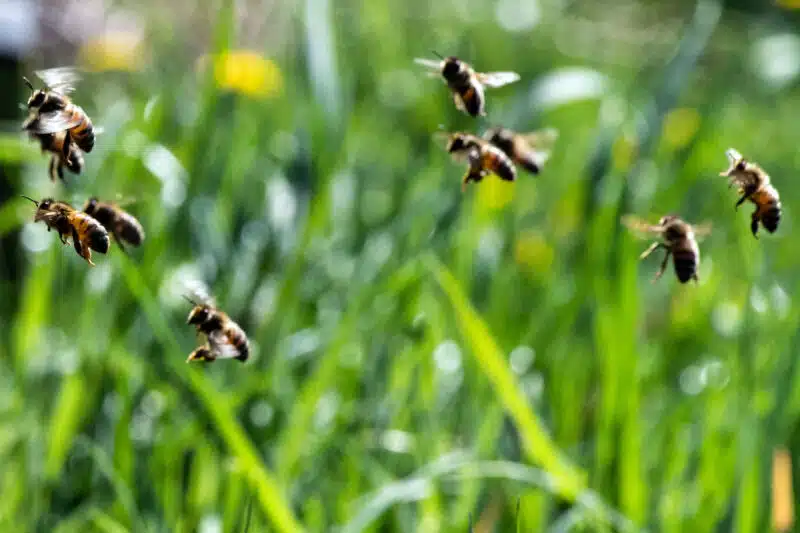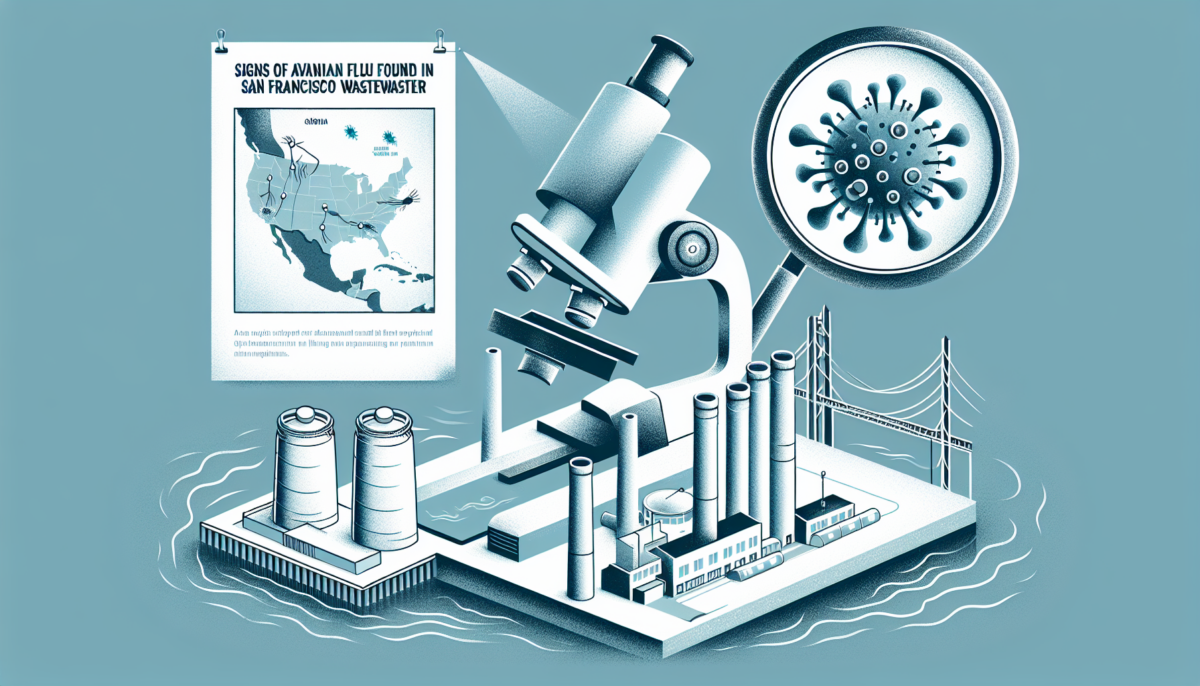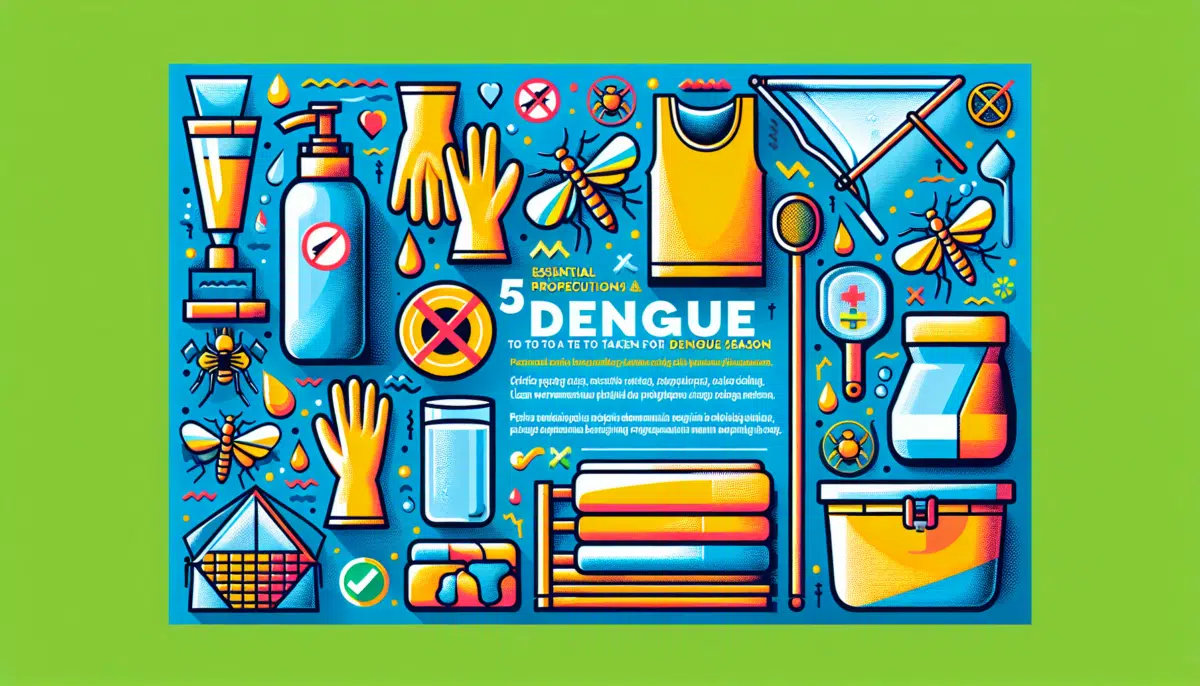There have been slight decreases in some vitamins during pasteurization, and while some milk enzymes may become inactive, there is no proof that these enzymes offer any health benefits.
Raw milk contains minimal levels of probiotic bacteria, but for them to be beneficial, they must be present in the billions, as seen in yogurt or sauerkraut, according to experts.
Just having the bacteria present doesn’t automatically translate into health benefits, as explained by Martin.
While the consumption of raw milk has grown in recent years, it remains uncommon. Approximately 4 percent of American adults reported consuming raw milk at least once in the past year according to survey data from the FDA between 2016 and 2019.
Mark McAfee of Raw Farm noted a shift away from pasteurized milk towards alternatives like oat milk and soy milk, with an increasing interest in unpasteurized milk driven by word of mouth.
Raw Farm currently processes about 85,000 gallons of milk weekly from 1,800 cows, supplying raw milk to nearly 400 stores in California, as shared by Aaron McAfee, Mark’s son.
Sales at Raw Farm have surged by 36% in the last four weeks compared to the same period last year, Aaron McAfee reported.
Increased access connected to higher incidents of food-related illness
Raw milk may contain harmful bacteria such as Campylobacter, E. coli, Salmonella, and Listeria, leading to symptoms like diarrhea, stomach cramps, and vomiting. While most people recover quickly, severe cases can result in kidney failure or Guillain-Barré syndrome.
Martin emphasized the heightened illness risk associated with raw milk consumption, despite any perceived nutritional or health benefits, which lack scientific backing.
While states like California and Iowa permit the sale of raw milk, its interstate sale is federally prohibited. According to CDC data from 2013 to 2018, increased access to unpasteurized milk has been linked to more outbreaks of food-borne illnesses.
Dennis D’Amico, an associate professor at the University of Connecticut, highlighted the difficulty of ensuring raw milk safety without pasteurization, a process involving heating milk to at least 162 degrees Fahrenheit for 15 seconds.
John Lucey, a professor at the University of Wisconsin-Madison, likened pasteurization to cooking meat to a specific temperature, emphasizing the importance of safety procedures in food preparation.
Exploring the Perspectives of Raw Milk Supporters Regarding Risks
Noah Young, a 28-year-old farmer from Kenesaw, Nebraska, who shares farming tips with his large social media following, decided to start buying raw milk from a local ranch during the pandemic.
In a lighthearted video posted in March, Young challenged the concerns raised by health officials about raw milk, sparking engagement and discussion.
Young emphasized the need for individuals to balance the risks and benefits associated with consuming different foods, including raw milk.
Aaron McAfee, a raw milk producer from California, highlighted the stringent testing and monitoring procedures in place to ensure the safety of his dairy products.
McAfee reassured the public that his dairy farm has not encountered cases of avian flu, emphasizing the safety measures in place.
Brigitte Ruthman, a dairy farmer from Massachusetts, expressed her focus on bacterial contamination rather than concerns about the H5N1 virus when it comes to raw milk.






